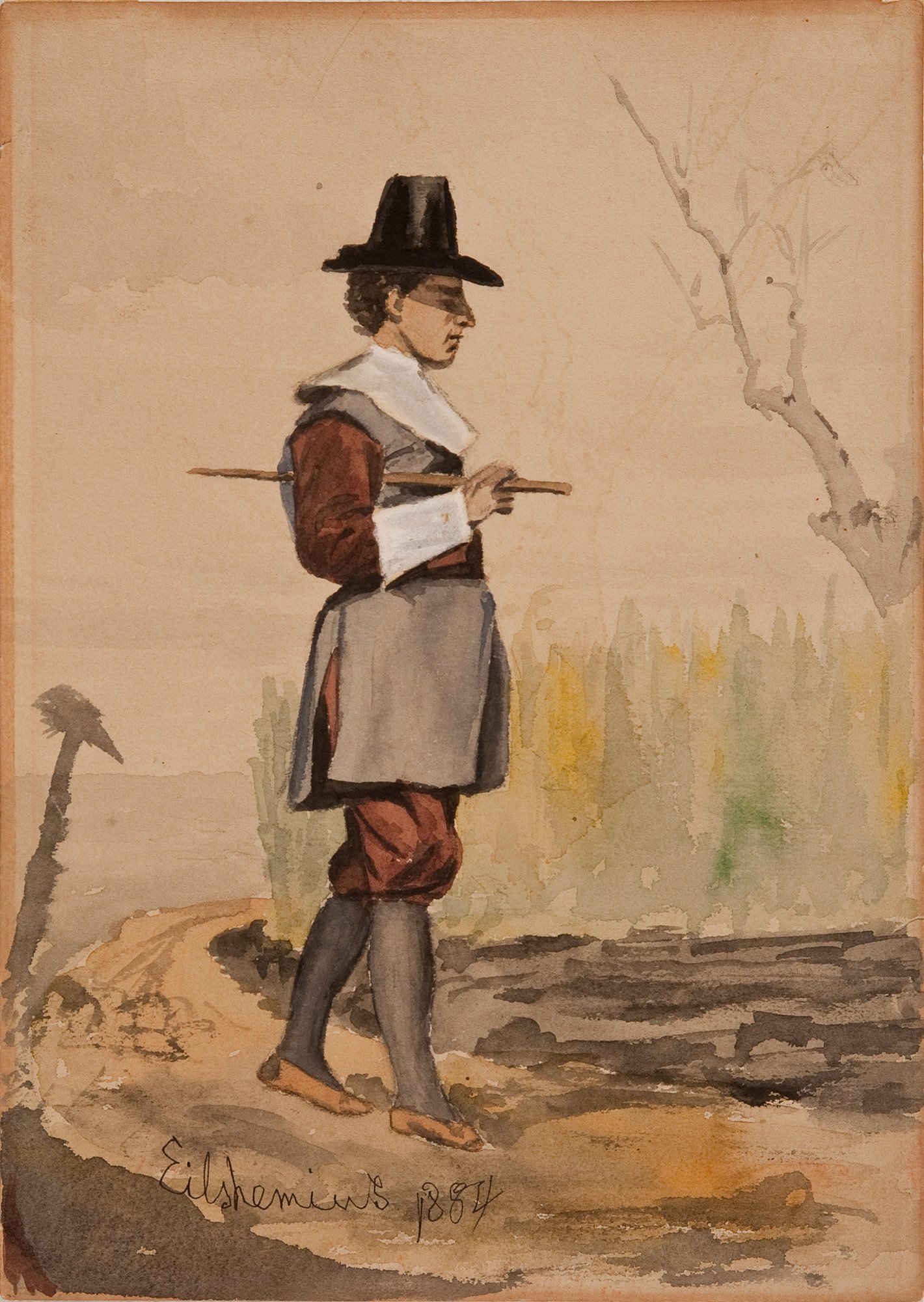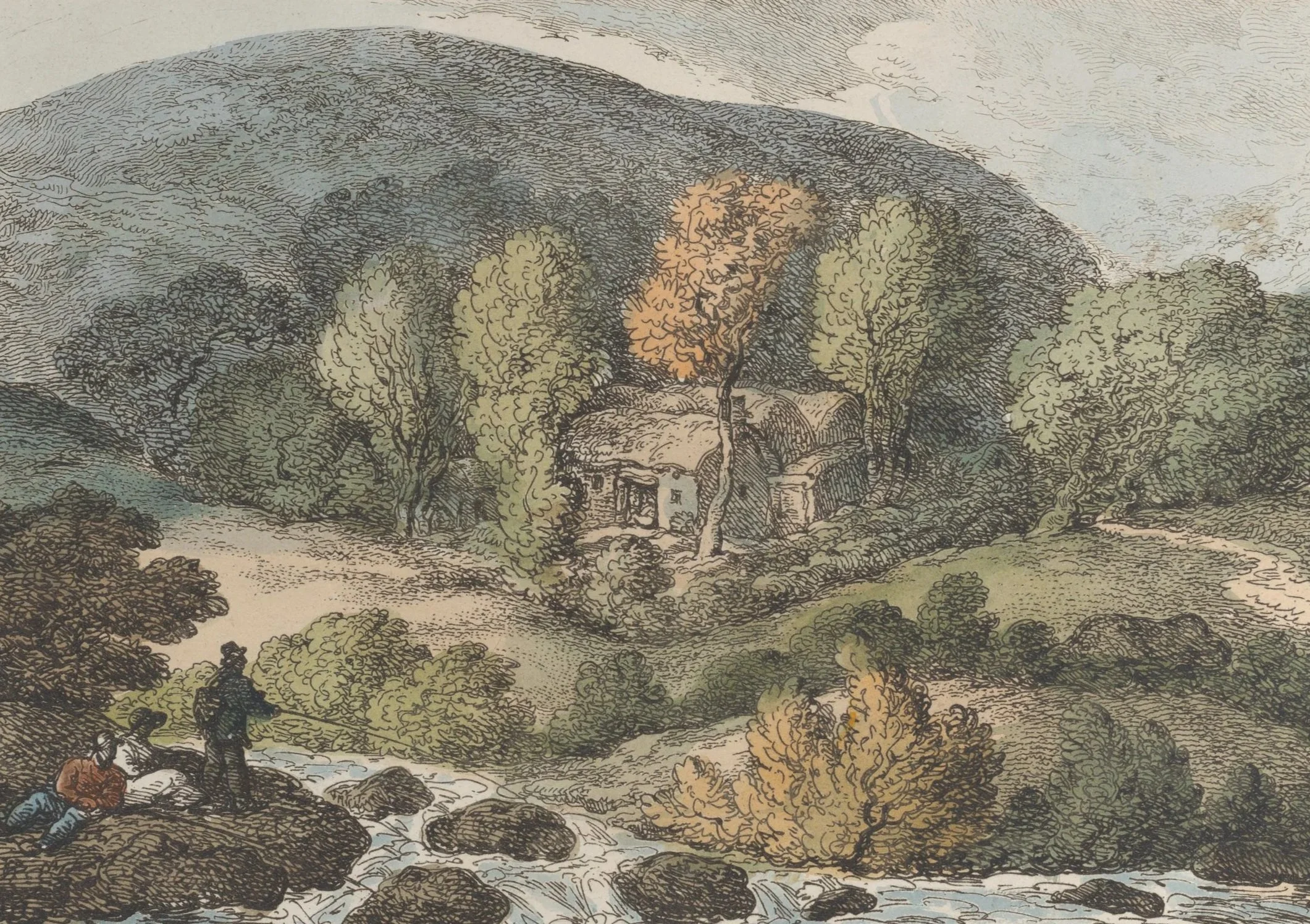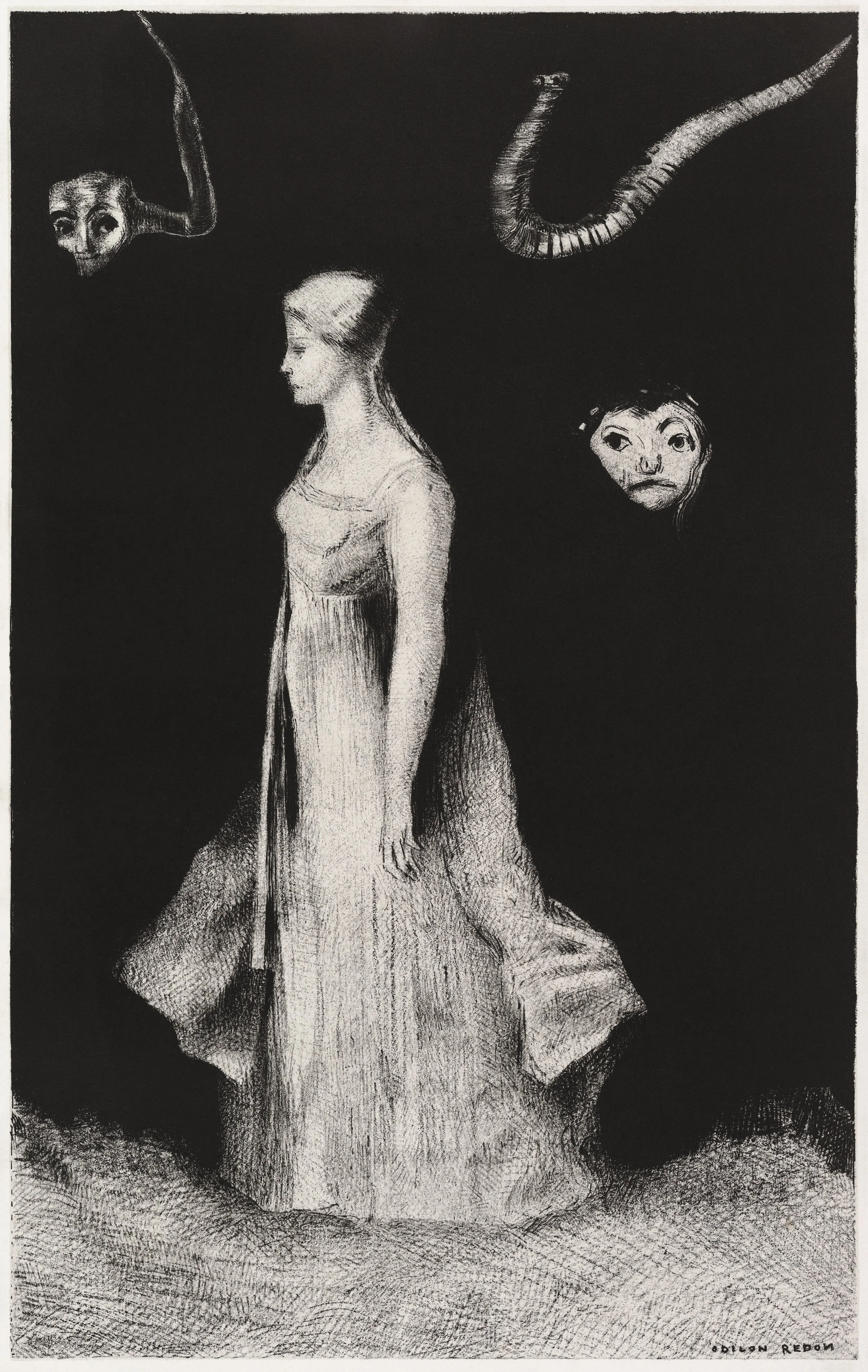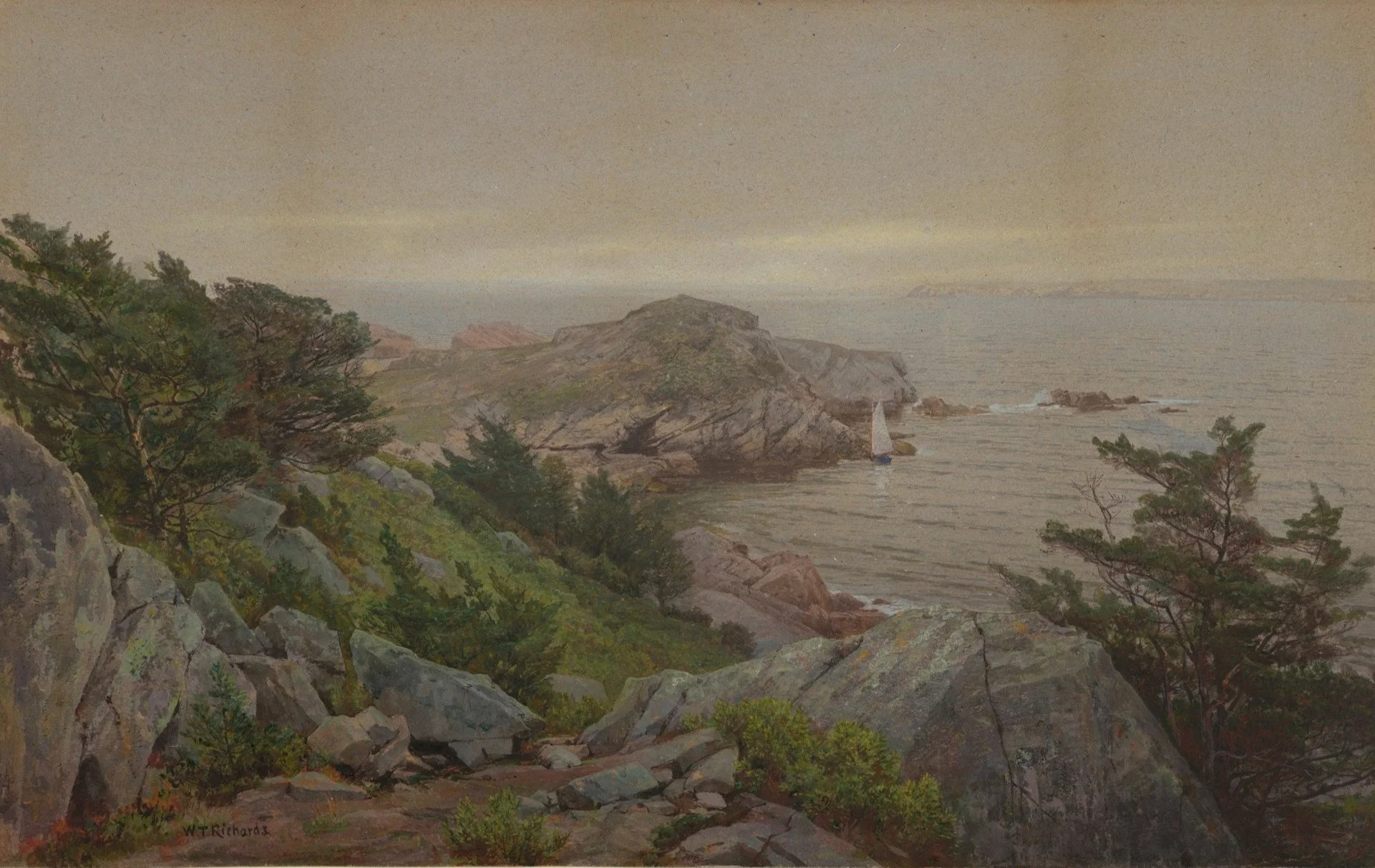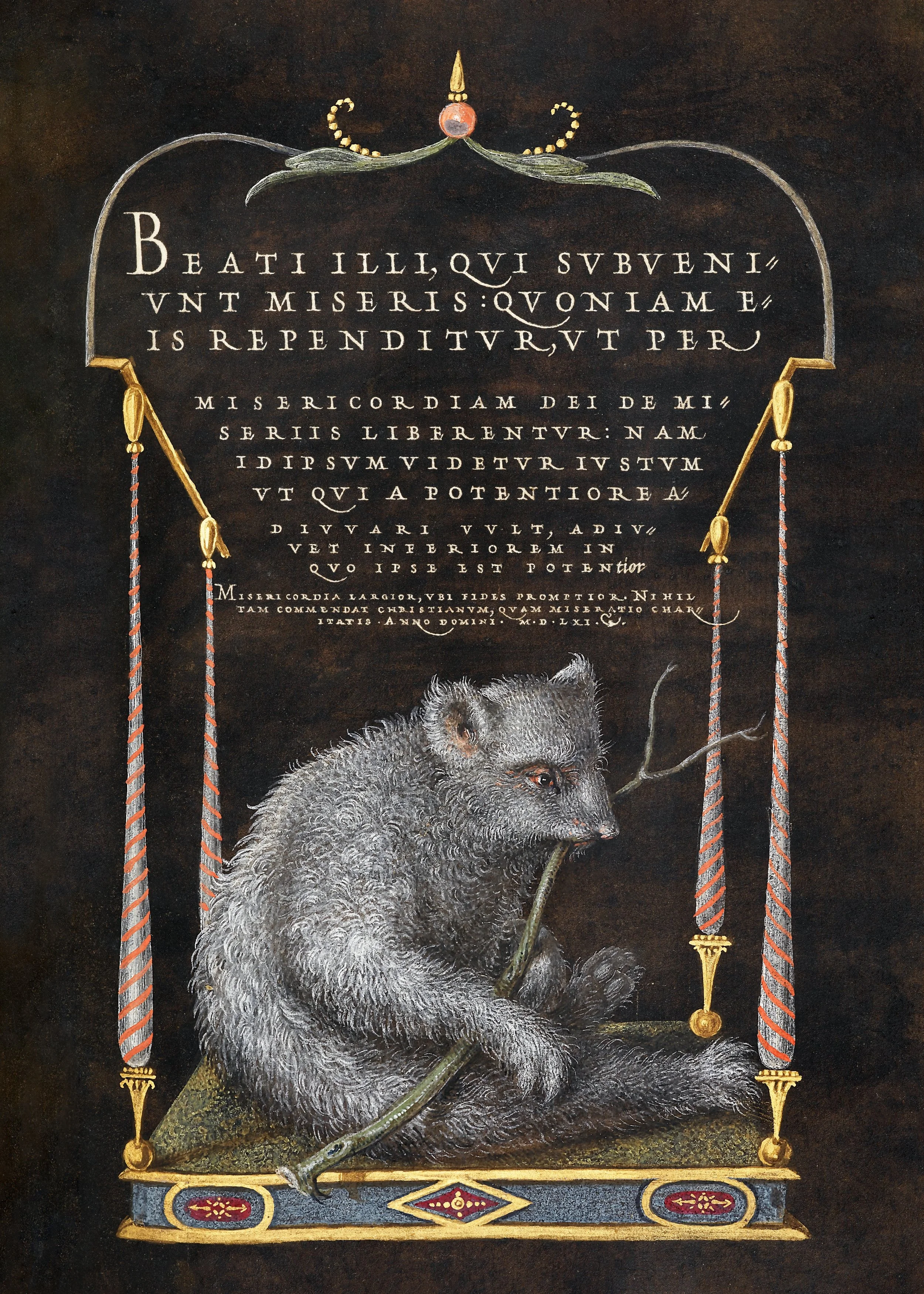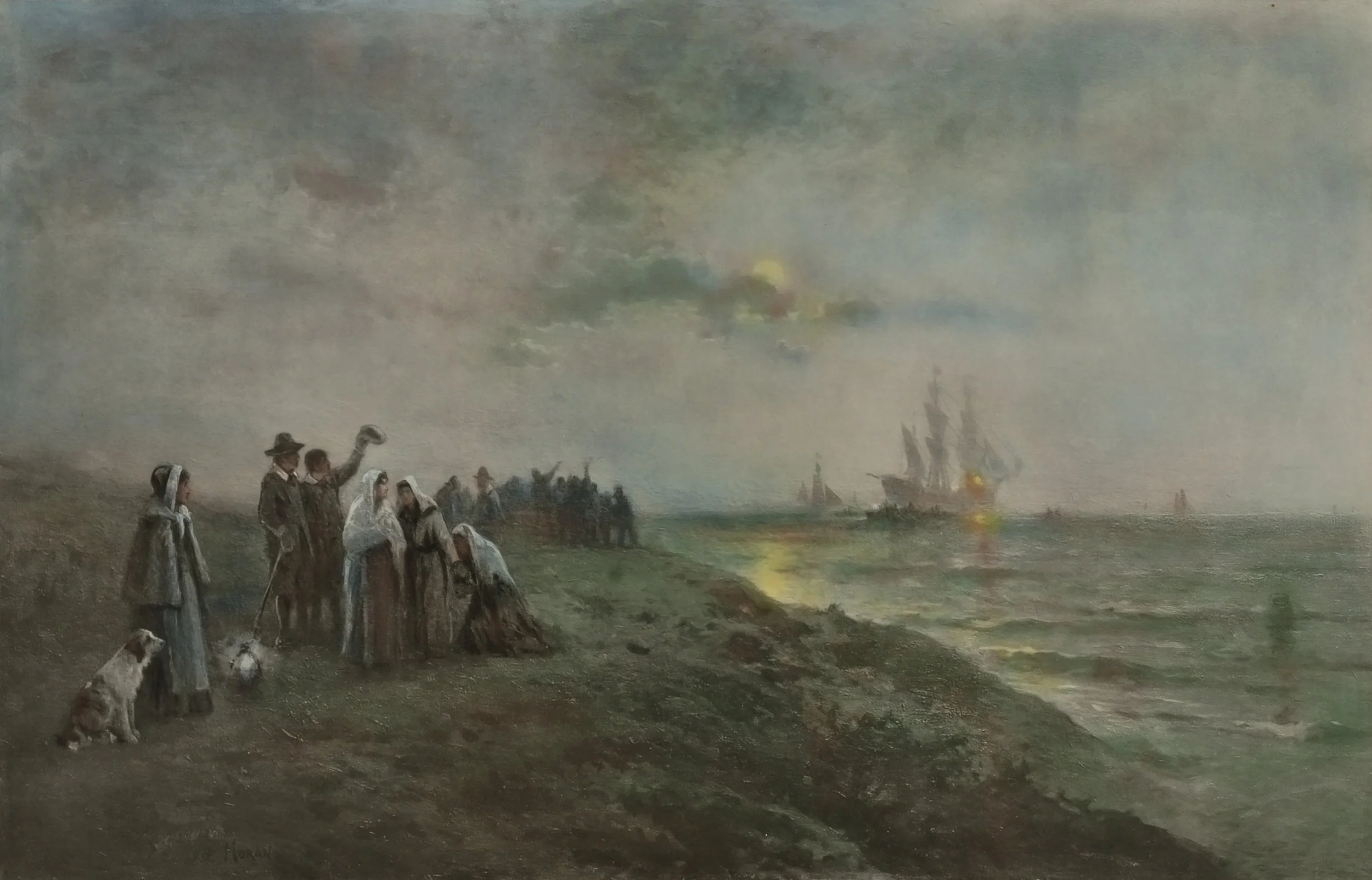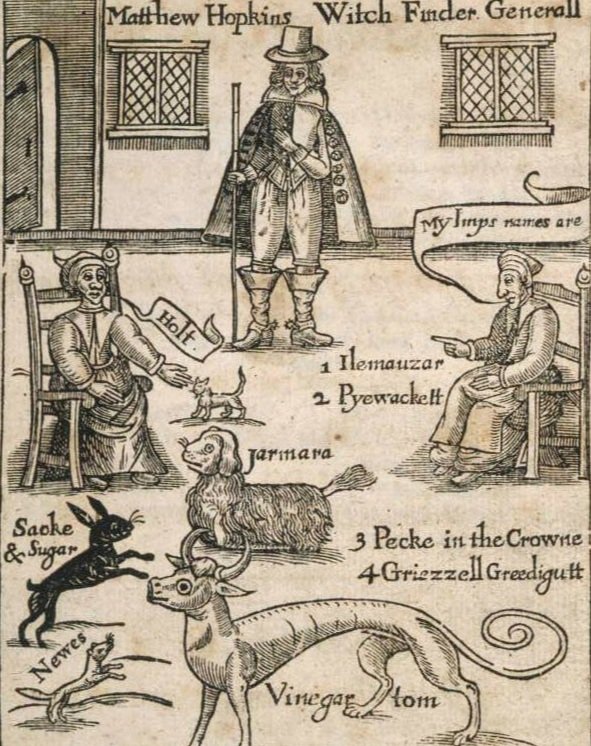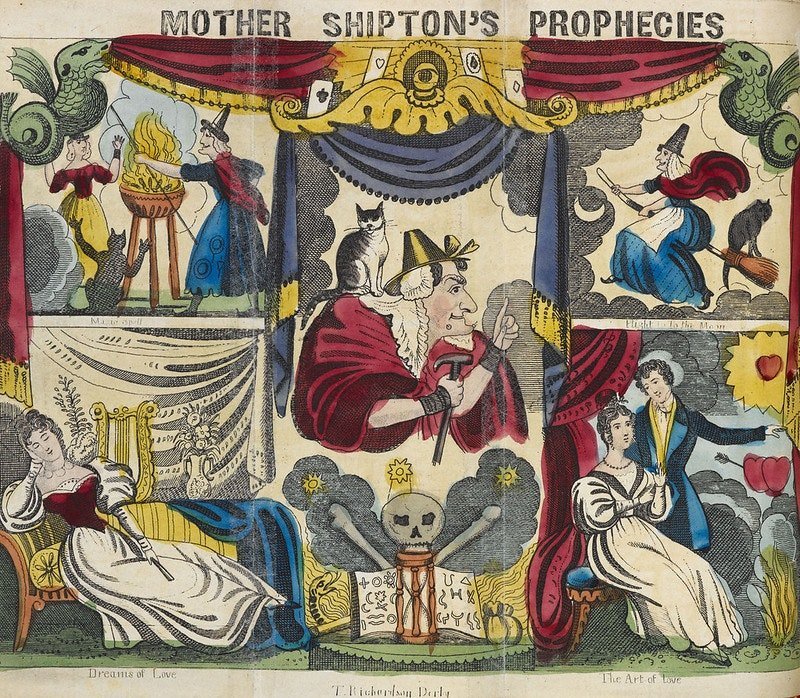
History
Puritan Peculiarities
A wry look at the stranger habits of early Puritan society, from extravagant virtue-themed names to the strict punishments and “Blue Laws” that governed colonial life. This excerpt, compiled by C. C. Bombaugh, captures the earnestness and eccentricity of a culture striving to legislate morality down to the last detail.
Cornish Feasts and “Feasten” Customs
This text is a richly detailed catalog of traditional Cornish feast days, seasonal rituals, local fairs, and community customs, capturing how the region marked the year through celebration, superstition, and shared practice. It offers a vivid glimpse into Cornwall’s cultural life, part domestic tradition, part communal festivity, and entirely rooted in the rhythms of everyday people.
The Apaches
The opening part of Geronimo’s Story of His Life moves from an Apache creation story to memories of homeland, tribal divisions, games, medicine, and family, Geronimo’s own account of who his people were before war and conquest. Told late in life from Fort Sill, these chapters sit at the crossroads of myth, cultural history, and memoir.
Modern Ghosts
Modern Ghosts explores how specters have adapted to the styles and anxieties of modern fiction, shifting from the sprawling Gothic novel to the sharper, more psychological short story, and expanding their powers from pallid wraiths to vivid, corporeal, and even humorous presences. No longer bound to castles or midnight hours, these ghosts haunt trains, bedrooms, and everyday lives, reminding us that while mortals fade, the ghost never goes out of fashion.
The Gothic Romance
Discover the rise of the Gothic novel as the foundation of supernaturalism in modern English literature, exploring its roots in medievalism, its reliance on haunted settings, ghosts, witches, devils, and its role in shaping themes of terror and mystery. And learn how Gothic fiction introduced new narrative conventions — castles, storms, dreams, and madness — that influenced both later Romantic works and supernatural storytelling.
The Founding of Jamestown
In this vivid reconstruction of America’s precarious first settlement, Morris and Woodress peel back the mythology to reveal Jamestown as a desperate gamble, beset by starvation, corruption, and internecine strife, sustained more by accident, improvisation, and Native diplomacy than by vision. What emerges is less a triumphal origin story than a cautionary epic, where the line between survival and collapse narrows to a worm-eaten handful of barley.
Why the Middle Ages Fell Into Despair
Michelet’s lamentation of a millennium adrift: a Church that promised childlike renewal, but enforced spiritual stagnation; a people whose legends rose from the soil, only to be pruned by clerical fear; a world where freedom hardened into serfdom, and vitality collapsed under the weight of yawning monotony.
The Witch Mania
In this chilling chronicle of collective delusion, Charles Mackay unpacks the dark grip of witchcraft hysteria on early modern Europe, where fear masqueraded as faith and thousands perished beneath the weight of spectral evidence. The essay is less an account of isolated trials than a study in the tragic elasticity of mass belief.
The Wampanoags in the Seventeenth Century
Martin’s account confronts the mythic haze surrounding early colonial encounters, offering instead a measured, often sobering study of Wampanoag life, diplomacy, and resistance in the shadow of expanding English settlement. What emerges is not a lost people, but a reshaped nation navigating invasion with tactical grace and irrevocable cost.
The Pilgrim Fathers of New England: The Exodus
W. Carlos Martyn traces the moral and theological roots of the Pilgrims’ flight from England, presenting their journey not as a colonial enterprise but as a spiritual defiance, an act of conscience born from centuries of religious protest and Puritan conviction. More than a tale of persecution and exile, the chapter casts the departure for Holland as the epic threshold of New England’s founding, grounded in divine purpose and dissenting resolve.
Literary Forgeries
In this wide-ranging and slyly erudite essay, Andrew Lang dissects the art of literary forgery with more amusement than outrage, revealing a long tradition of hoaxes that blur the line between scholarship and charade. From Onomacritus to Ireland, Lang draws out the comic futility of chasing authenticity in a world where erudition and credulity so often walk hand in hand.
Scottish Halloween Superstitions
Drawing on Highland lore and Druidic remnants, W. H. Davenport Adams’s account of Scottish Halloween customs reveals a twilight world where apples predict love, fire wards off famine, and the veil between past and present grows disconcertingly thin. It is not merely a catalogue of superstition, but a meditation on how cultural memory clings to ritual long after belief has faded.
Home Life in America's Colonial Days: Food From Forest and Sea
Alice Morse Earle paints an intricate panorama of early American subsistence, where the woods teemed with deer and turkeys, the seas with cod and lobsters, and the air with the thunder of wildfowl wings. Her chapter on “Food From Forest and Sea” is less a quaint pastoral than a vivid account of ecological abundance, frontier ingenuity, and the uneasy edge between reverence and exploitation.
Woodcuts and Witches: The Folkloric Image of the Crone
Crabb examines how mass printing and popular paranoia fused in early modern England to produce the enduring image of the witch as crone: a figure born not just from theology or law, but from ink, wood, and gossip. As cheap pamphlets and reused woodcuts spread tales of scandal, sorcery, and satanic mischief, a visual archetype emerged.
Plant Lore and Legends of Witches
Ruth Edna Kelley traces the global echoes of All Hallows' Eve, from the ghost-lit canals of Japan to the flower-strewn graves of Italy, Spain, and Germany. With lore of djinns, dragon gods, mourning bells, and straw boats for spirits, this chapter reveals how cultures across continents mark the season of the dead with reverence, poetry, and enduring superstition.
Spirited Halloween Beliefs and Customs Around the World
In Italy on the night of All Souls', the spirits of the dead are thought to be abroad. In Naples the skeletons in the funeral vaults are dressed up, and the place visited on All Souls' Day. In Salerno before the people go to the all-night service at church they set out a banquet for the dead. If any food is left in the morning, evil is in store for the house.
Religion and Festivals of the Celts
Ruth Edna Kelley explores the deep-rooted rituals and beliefs of the ancient Celts, whose seasonal festivals and spirit-laden landscapes laid the foundation for Halloween. From Druidic rites in oak groves to Baal-fires lit on pastoral hillsides, Kelley unpacks a world where sun gods, prophetic dreams, and animal-shaped souls intersected with the rhythms of the year.
Frankenstein, the Baroness, and the Climate Refugees of 1816
It's now 200 years since "The Year Without a Summer", when a volcanic sun-obscuring ash cloud caused temperatures to plummet. Explore how it offers an alternative lens through which to read Mary Shelley's Frankenstein, a book begun in its midst.
Divining the Witch of York: Propaganda and Prophecy
Said to be spawn of the devil and possessed with prophetic insight, Mother Shipton was Yorkshire's answer to Nostradamus. She wielded power for centuries — from the Tudor courts, through civil war, to the spectre of Victorian apocalypse.


